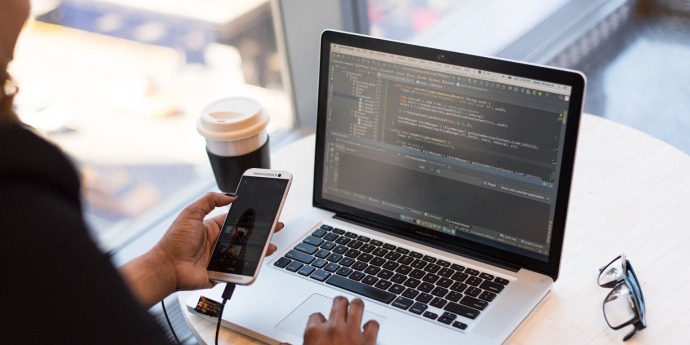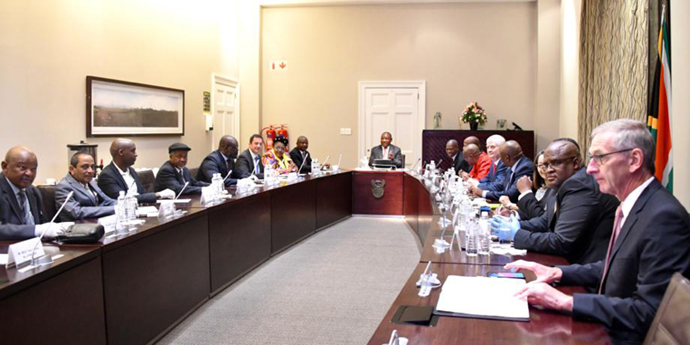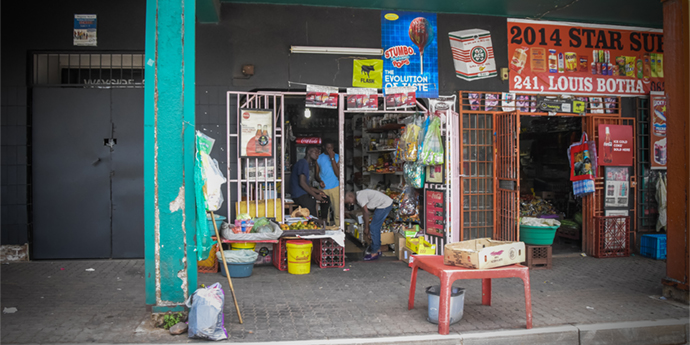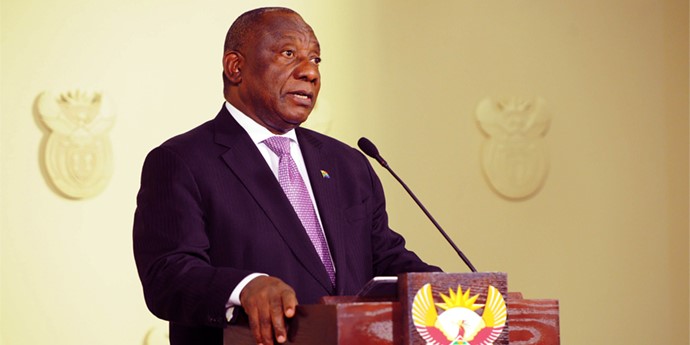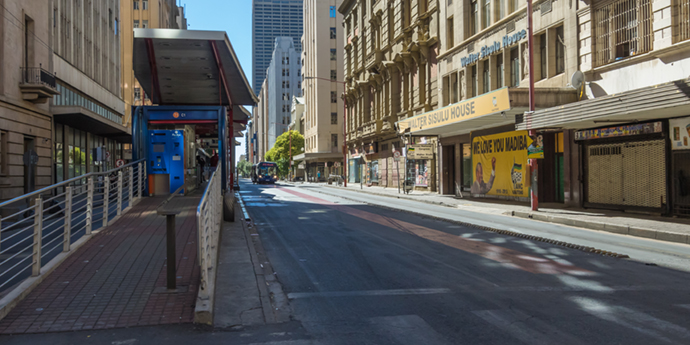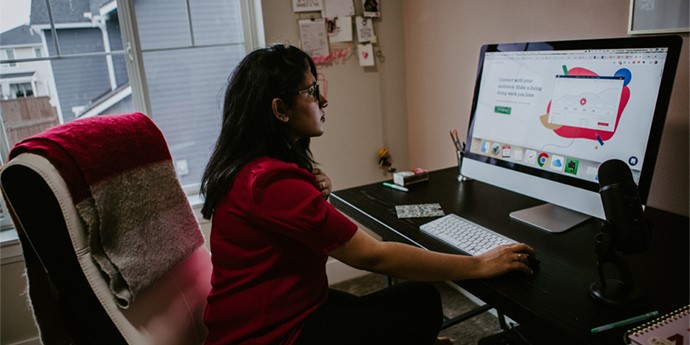The COVID-19 pandemic is likely to deliver some of the biggest workplace transformations of our time. What trends will be accelerated, what will die away, and what new trends will appear? And what’s the most important thing organisations need to do now to prepare? We ask three people in the know: a member of our faculty, one of our alumni, and a current student.
Herman Singh, Adjunct Professor at the UCT Graduate School of Business
Work is not a place you go but a thing you do — we are moving from a noun to a verb. The swing from “jobs” to “skills" is already apparent in the tech giants and there is a lower reliance on degrees. Firms will migrate to contactless and digital technologies, but this will lead to increased digital distraction and even worse work-life balance. The hollowing-out of firms will escalate due to robotic process automation, more dematerialisation to remove paper, and greater system integrations. WIRK, work that is internet-based, will grow even faster with greater use of gig workers rather than full-time staff.
The handshake and hug are dead. The fingerprint scanner is so dead. Micro-management of staff and the emphasis on attendance-based evaluating will decline as fixed working hours become more flexible. There will now be core hours when one will need to be available. A relaxing of norms and standards of environment and dress will occur as as result of working from home. Mobility solutions will be less critical if your key work locations are office and home. Large head offices and boardrooms will be phased out as will large numbers of visitors to the facility. There will no longer be "all hands on deck" meetings, including board meetings, due to the risk to senior staff or key teams.
Firms will need to pay more to support the home office, securing IP remotely. A new digital etiquette will emerge. Key teams will need to be split to ensure no single point of failure. Offices will need to be redesigned for more cubicles and partitions, less human contact, fewer shared surfaces, more contactless controls (on doors, elevator buttons and escalators), no more elevators, and even greater use of copper or less recirculated air. There will be more voice activation and contactless authentication. Face-to-face encounters will be minimised wherever possible.
A big challenge with remote work is collaboration for knowledge- and creativity-based work. Firms will already need to be creating and securing these telepresence type systems to replicate the creative energy and trust from working in close proximity.
Nomazibulo Tshanga, UCT Graduate School of Business PgDip alumna and owner of Ziyana Business Consulting
This is the new world of work we have been talking about for the past 15 years, but it took a health crisis to realise it. This is the world of automation, digitalisation and artificial intelligence. This new world of work requires a new type of leader and key skills to build organisations post-Covid-19, skills such as creativity, innovation, critical thinking, digital and coding skills, people management, leadership development and emotional intelligence.
As the world pandemic deepens and the human cost rises, many organisations will rethink their business strategies and review their approach to how employees work. They will start to realise that employees can actually work from home and that the old method of managing employees’ time via clocking systems/ fingerprint scanning is long gone. Working from home is likely to last well beyond this pandemic. This will also be impacted by the stringent health and safety policies put in place by Government, with regard to employees working from their offices.
Organisations will review their travel policies and only approve critical business travel or travel that concerns retaining a customer and addressing customer needs. They will look to optimise their office space and restrict it to critical office-bound positions like call centres and customer-facing employees.
The uncomfortable fact is that organisations are going to restructure and most are likely to retrench. In the past year, several banks have closed their branches as a result of the move to online banking. We’ve witnessed the demise of SAA and Edcon in recent weeks, whilst the rise of online shopping will result in most retail stores closing their doors, leading to many job losses.
Only those organisations that have been ready for this new world of work will survive.
Sethu Komani, full-time MBA Candidate at UCT Graduate School of Business (2020)
This catastrophe will traumatise the workforce and businesses will need to respond to the new needs of their strained workforce at all levels. It’s easy to judge business leadership, but what is unique about the upheaval caused by COVID-19, is that we are all in the same boat, trying to manage the mental and emotional impact of this historical event. Executives and managers will have to make tough decisions in these uncertain times, even as they are dealing with their own distress. How will HR departments foster a sympathetic organisational culture that is reciprocal?
Organisations are under immense financial pressure and have to do what they can to be sustainable. And yet, leaders and HR managers will need to consider South Africa’s socio-economic context when making those tough calls. Will it be a “save jobs first” approach considering our 30% unemployment rate? Or will businesses continue to use the past as a decision-making reference point and retrench staff first? The saying goes “if it ain't broke don’t fix it”, but seemingly everything is broken now and perhaps this is a time to start considering new ways of doing business, to create a new history to reference.
As a student, I’ve realised in the weeks that we’ve been doing virtual lectures, the rules of engagement in the online space are significantly different from class sessions. Meetings tend to take longer, there are greater chances of interruptions, it’s easier to lose people and there are restrictions when it comes to how dynamic conversations can get. So perhaps standardising work processes, specifically for the online space, will be something that organisations will have to consider in order to improve the productivity of their online work activity.




